I love listening to lies when I know the truth
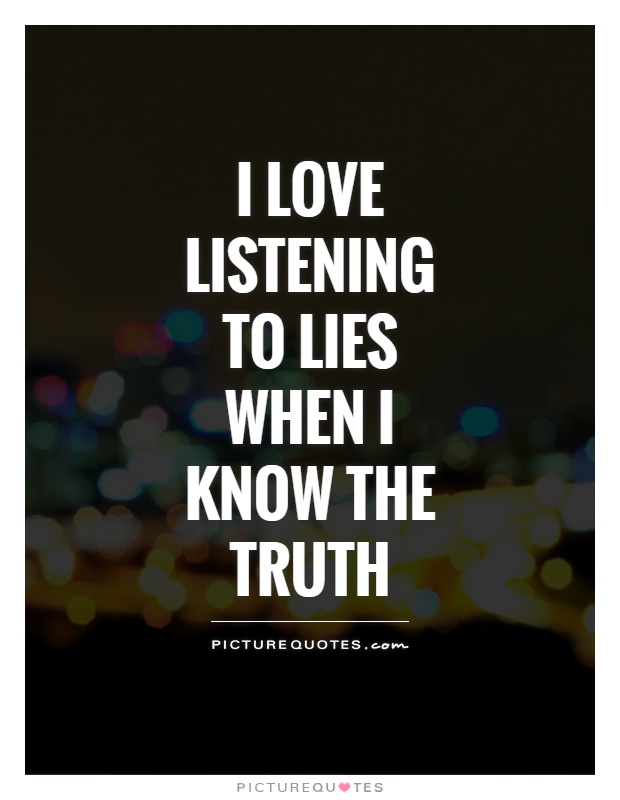
I love listening to lies when I know the truth
The statement "I love listening to lies when I know the truth" may seem contradictory at first glance. After all, why would someone enjoy hearing falsehoods when they are aware of the reality? However, upon closer examination, this sentiment can be understood in a more nuanced way.One possible interpretation of this statement is that the speaker derives a sense of amusement or entertainment from hearing lies, especially when they are aware of the truth. In this context, listening to lies can be seen as a form of intellectual exercise or mental challenge. By comparing the falsehoods being presented with the actual facts, the listener can sharpen their critical thinking skills and exercise their ability to discern truth from fiction. It can be intriguing to observe how others attempt to manipulate or distort the truth, and to analyze the motivations behind their deceitful behavior.
Furthermore, there may be a certain thrill or satisfaction in catching someone in a lie when you already know the truth. It can be gratifying to see through someone's deception and to feel a sense of superiority or vindication in knowing that you are not easily fooled. In this way, listening to lies can serve as a reminder of one's own intelligence and perceptiveness.
On a deeper level, the statement "I love listening to lies when I know the truth" could also reflect a more philosophical or existential perspective. It may suggest a fascination with the complexities of human nature and the ways in which individuals navigate the blurred boundaries between truth and falsehood. By immersing oneself in the world of lies, one can gain a deeper understanding of the human capacity for deception, self-deception, and the subjective nature of reality.





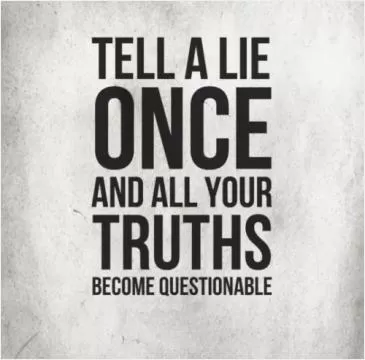
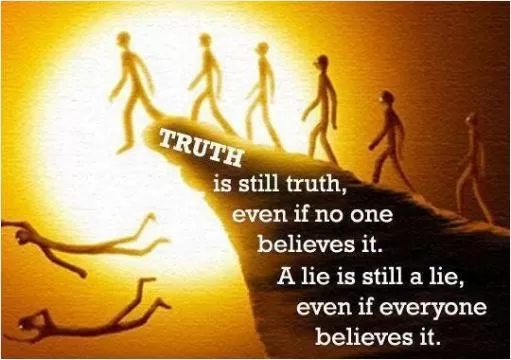

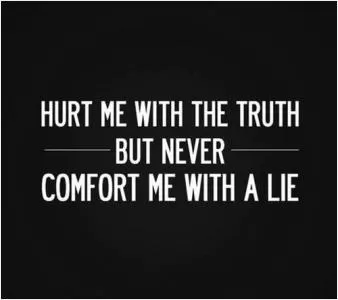
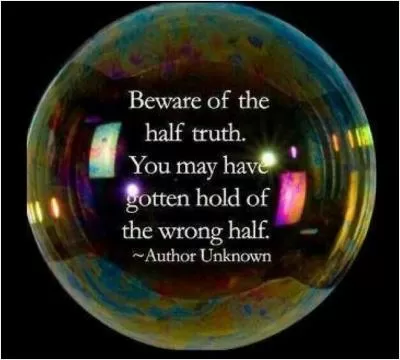


 Friendship Quotes
Friendship Quotes Love Quotes
Love Quotes Life Quotes
Life Quotes Funny Quotes
Funny Quotes Motivational Quotes
Motivational Quotes Inspirational Quotes
Inspirational Quotes